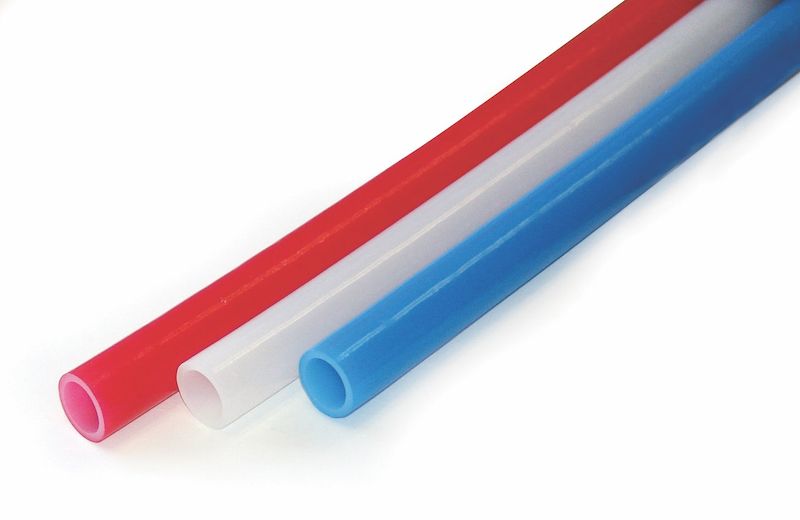Dealing with Copper Pinhole Leaks in Miramar, FL: A Guide to Understanding and Prevention
Miramar, Florida, known for its beautiful neighborhoods and vibrant community, has been facing a growing concern among homeowners: copper pinhole leaks. These tiny, yet problematic leaks can wreak havoc on plumbing systems and lead to significant damage if left unaddressed. In this blog post, we will explore what copper pinhole leaks are, their causes, and most importantly, how you can prevent and deal with them effectively.
Understanding Copper Pinhole Leaks:
Copper pinhole leaks refer to small holes that develop on copper plumbing pipes, often the result of corrosion. They are typically difficult to detect initially since they start as minuscule openings, but over time, they can expand, causing water leakage and potentially damaging nearby structures. These leaks can occur in both hot and cold water pipes and affect various areas of your home, including bathrooms, kitchens, and even outdoor plumbing fixtures.
Causes of Copper Pinhole Leaks:
Several factors contribute to the development of copper pinhole leaks. While the exact cause can vary, the most common culprits include:
Water Quality: High levels of acidity or alkalinity in the water supply can accelerate the corrosion process, leading to pinhole leaks. Certain chemicals and minerals present in the water, such as chlorine or chloramine, can also exacerbate the problem.
Pipe Quality and Installation: Poor-quality copper pipes or inadequate installation practices can increase the likelihood of pinhole leaks. Factors like excessive bending or stretching during installation can weaken the pipe structure, making it more susceptible to corrosion.
Water Velocity and Pressure: Excessive water velocity and high water pressure can put stress on the plumbing system, causing erosion and eventual pinhole leaks. Unregulated pressure fluctuations or water hammer issues can further contribute to the problem.
Prevention and Dealing with Copper Pinhole Leaks:
Regular Inspections: Schedule periodic plumbing inspections by qualified professionals to identify potential issues early on. They can assess the condition of your pipes, check for signs of corrosion, and recommend appropriate actions.
Water Testing: Consider having your water quality tested to determine its pH level and identify any corrosive elements. Based on the results, water treatment options such as the installation of a water softener or neutralizer may be recommended to minimize corrosion.
Pressure Regulation: Have a pressure regulator valve installed to maintain a stable water pressure within your plumbing system. This can help reduce stress on pipes and minimize the risk of pinhole leaks.
Pipe Coatings and Linings: Applying protective coatings or linings to your pipes can act as a barrier, slowing down the corrosion process. Epoxy coatings and polyethylene sleeves are common options that provide an additional layer of protection.
Pipe Replacement: In severe cases, where pinhole leaks are widespread or pipes are significantly damaged, replacing the affected pipes might be the best solution. Consult with a professional plumber to assess the extent of the damage and determine the appropriate course of action.
Copper pinhole leaks can be a source of frustration for homeowners in Miramar, FL. However, by understanding the causes and taking proactive measures, you can minimize the risk of these leaks and protect your plumbing system. Regular inspections, water quality testing, pressure regulation, and pipe coatings are all essential steps to prevent and address copper pinhole leaks effectively. Remember, consulting with a qualified plumber is crucial to ensure proper diagnosis and professional guidance tailored to your specific situation.


